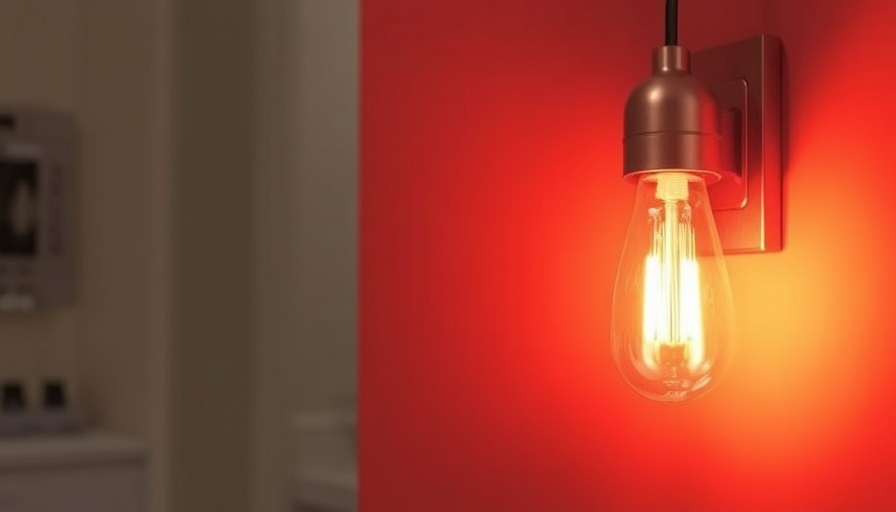
The Resurgence of Saltwater Batteries: A Sustainable Future
As the demand for renewable energy solutions continues to grow, the evolution of energy storage technologies becomes crucial. Homeowners are increasingly looking for ways to ensure energy independence and sustainability, and the advent of saltwater batteries from Italy's Heiwit presents an exciting alternative to traditional lithium-ion systems. Unlike their lithium counterparts, saltwater batteries boast a safer composition and lower environmental impact, which aligns perfectly with London's commitment to sustainability.
Understanding Saltwater Batteries: How They Work
Saltwater batteries, which fall into the sodium-ion category, utilize a saline electrolyte instead of flammable materials, significantly reducing fire hazards. With a composition primarily focused on abundant materials, these batteries not only provide a safer storage solution but also help in addressing resource scarcity issues linked to lithium extraction. The operational principles are similar to traditional batteries, wherein energy is stored and then released as needed, making them ideal for solar integration.
A Comparison with Traditional Lithium-Ion Technology
While lithium-ion batteries dominate the current market landscape, they pose environmental risks associated with mining and end-of-life disposal. In contrast, saltwater batteries offer an appealing alternative; according to emerging trends, these batteries have the potential for a longer lifecycle and are cheaper to produce. This shift not only decreases the dependency on finite materials but also aligns with the global movement towards greener manufacturing processes.
Potential Applications for Homeowners
For London homeowners, the ability to integrate saltwater batteries with existing solar systems provides an opportunity to maximize energy savings and efficiency. With electricity prices fluctuating, having a reliable backup during peak times can bolster energy independence. Furthermore, the soothing prospect of utilizing a product with minimal environmental footprints resonates deeply with eco-conscious homeowners.
Future Trends in Sustainable Energy Storage
Looking ahead, trends indicate a significant shift towards mainstream adoption of safer battery technologies, like those being developed by Heiwit. As governments enforce stricter regulations on carbon emissions and promote cleaner technologies, the appeal of saltwater batteries is expected to grow. The demand in urban areas like London may accelerate innovations and investments in this segment of green technology.
Financial Implications: Cost Savings and Incentives
While upfront costs can be a deterrent for some, the long-term financial implications of adopting saltwater batteries could result in considerable savings. Many households could benefit from government incentives aimed at increasing clean energy adoption, coupled with the potential for reduced electricity bills. As these systems become more widely available, financing options may also become more favorable, making the transition even easier.
Conclusion: The Call to Embrace Change
The introduction of saltwater batteries by Heiwit signifies not just a technological advancement but an essential step forward in sustainable living. Homeowners in London have a unique opportunity to lead by example, adopting this innovative technology that aligns with the city's green initiatives. As we advance towards a cleaner future, embracing solutions like saltwater batteries not only garners personal benefits but also supports a significant shift towards environmental responsibility.
 Add Row
Add Row  Add
Add 




Write A Comment